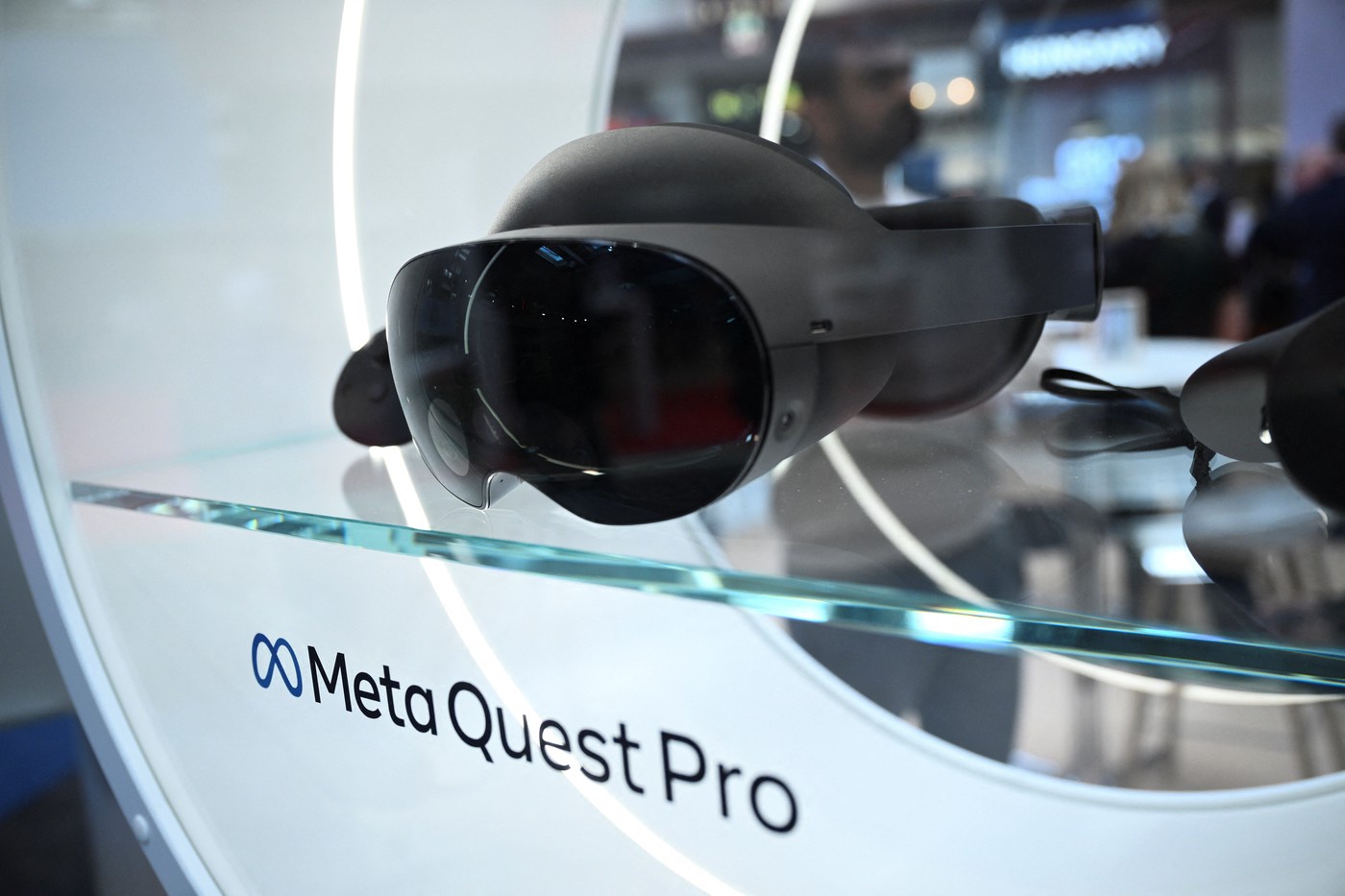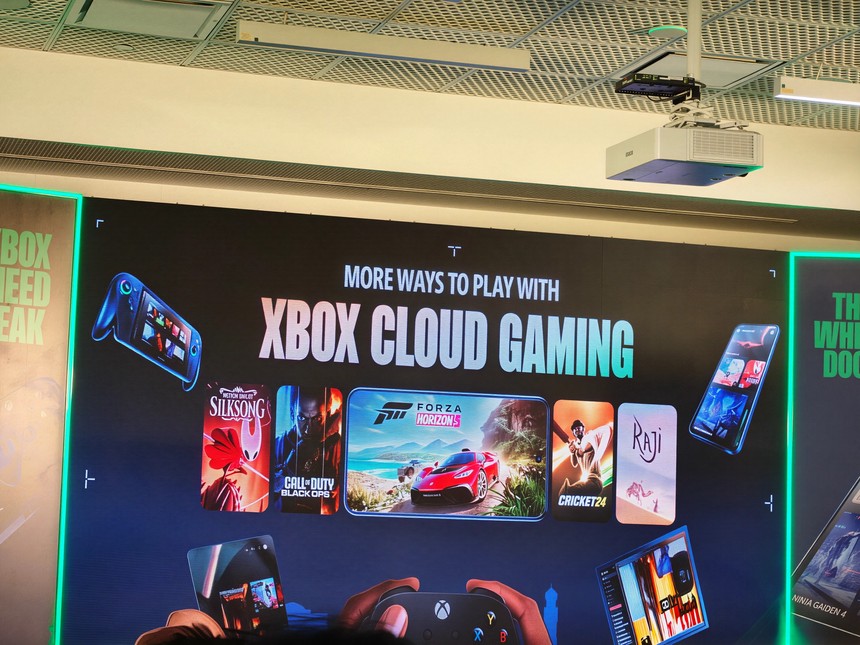Meta Platforms is opening up its Quest operating system to third-party device makers, including industry giants like Microsoft. This strategic move is designed to broaden Meta's influence in the burgeoning virtual and mixed reality markets.
Key Developments:
-
Open OS Initiative: Meta's decision to share its rebranded Meta Horizon OS with rival manufacturers marks a significant shift in strategy. The OS, known for its advanced features such as gesture recognition, passthrough, scene understanding, and spatial anchors, is now accessible to companies like Asus and Lenovo.
-
Partnerships and Innovation: Asus is developing a gaming-focused headset under its Republic of Gamers brand, while Lenovo is crafting a mixed reality device aimed at enhancing productivity, learning, and entertainment. These partnerships are expected to diversify the applications of Meta Horizon OS across various activities and industries.
-
Special Edition Quest Headset: In collaboration with Microsoft, Meta is also planning to launch a limited edition Quest headset inspired by the Xbox gaming console. This venture is likely to merge the gaming prowess of Xbox with the immersive capabilities of Meta’s virtual reality technology.
Strategic Implications:
Meta’s approach mirrors Google's strategy with Android, aiming to become a foundational player in the virtual and mixed reality arenas by making its platform more widely available. This could position Meta similarly to how Android positioned Google in the early days of the smartphone era.
Competitive Landscape:
The virtual and mixed reality sectors are heating up with entries from major players like Apple and Google. Apple's recent launch of the Vision Pro headset and Google's rumored efforts to develop an Android-based VR/MR platform signify increasing competition. Meta's move could be a strategic response to these developments, aiming to solidify its market leadership by fostering a more open ecosystem.
Future Outlook:
While the full impact of this strategy will unfold over the coming years, Meta’s open OS initiative could catalyze innovation and lead to more specialized virtual reality devices. This could potentially expand the VR and MR markets beyond their current niches in gaming and enterprise training to more widespread consumer adoption.
Conclusion:
Meta's decision to open up its Quest operating system to third-party developers is a bold move to drive growth and innovation in the virtual and mixed reality industries. By fostering a more inclusive ecosystem, Meta not only enhances its product offerings but also sets the stage for a more interconnected and versatile VR and MR environment.














